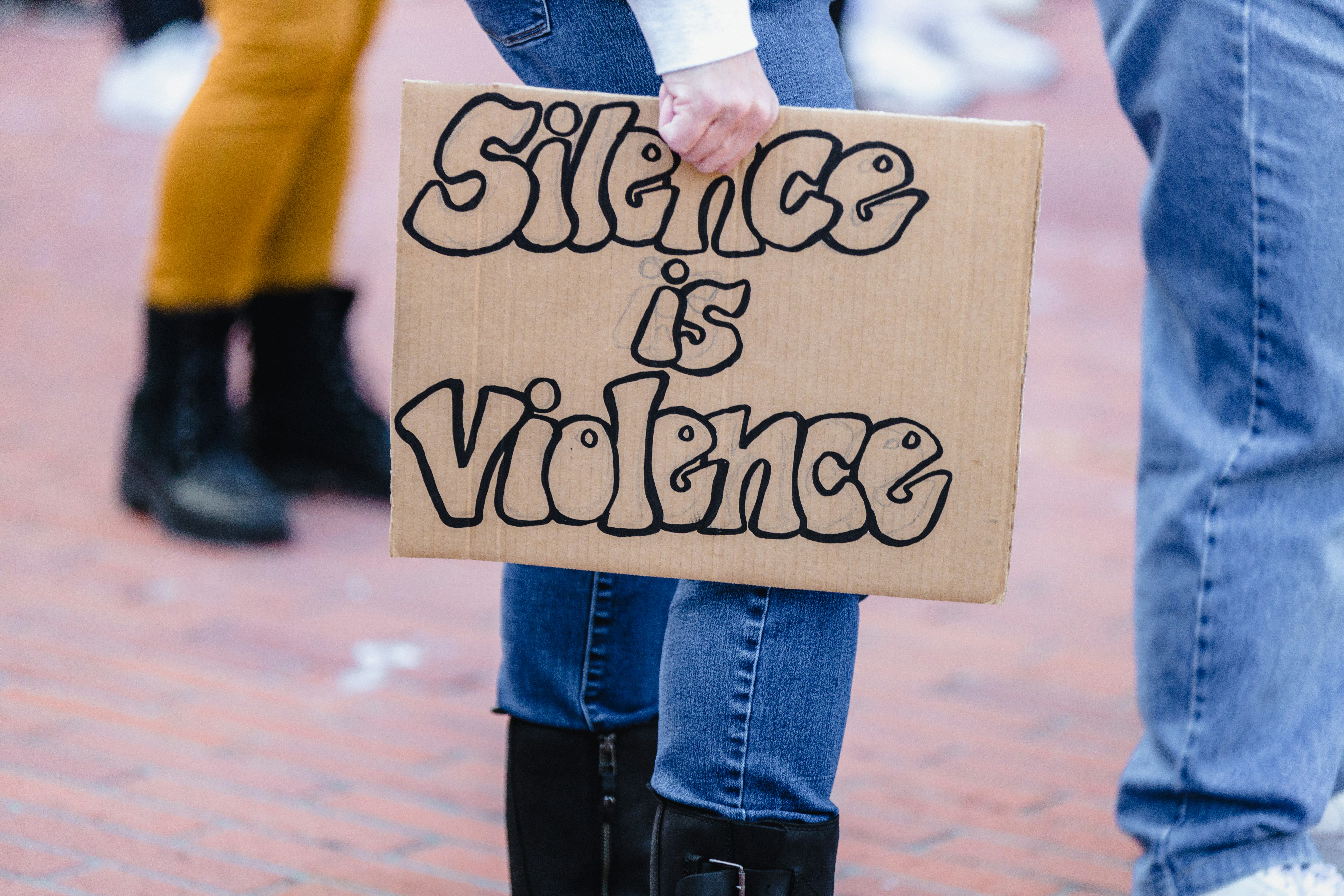Unveiling Authenticity: A Tribute to Women’s Strength and Identity

On this International Women’s Day in 2024, we reflect on the myriad of ways conflict impacts women globally, a demographic disproportionately burdened by the ravages of war and strife. This day compels us to consider not only the immediate physical dangers women face in conflict zones but also the nuanced, long-term repercussions that resonate through their lives and communities.
In the quiet echoes of conflict-ridden lands, the stories of women unfold, tales woven with the threads of resilience, sorrow, and an undying hope for peace. These narratives, often overshadowed by the clamour of battles and political discourse, carry within them the profound essence of human endurance and the unyielded desire for a harmonious existence.
Imagine the plight of a mother in a war-torn country, cradling her child, not with lullabies, but with reassurances that the thunderous sounds outside are just a passing storm. Picture a young woman, whose dreams are not of love or career, but of a day when she can step outside without the shadow of fear. Visualize the elderly woman, who has seen the cycle of conflict repeat itself, holding onto the hope that her grandchildren will know a world different from hers.
Women, often seen as the bearers of culture and the nurturers of families, experience conflict in profoundly personal and devastating ways. They are victims of gender-based violence, bear the brunt of displacement, and face the immense task of holding families together amidst chaos. The psychological scars left by conflict can alter the fabric of their existence, influencing generations to come.
Yet, despite the profound impact conflict has on women, they are glaringly underrepresented in peace negotiations and decision making processes. The absence of women at the peace table is not just a matter of equity or rights; it is a profound loss for peace building itself. Women bring unique perspectives and solutions to the table, informed by their experiences and insights. Their exclusion means missing out on crucial viewpoints that could lead to more sustainable and inclusive peace agreements.
These women, amidst the chaos and the ruin, emerge not just as victims, but as pillars of strength and beacons of perseverance. Their stories are not just about survival, they are about a relentless quest for peace, a peace that is often a distant dream in the corridors of power where their voices are faint or altogether silenced.
Consider the peace process in Colombia, where the inclusion of women in the negotiation teams led to a more comprehensive peace agreement that addressed issues like sexual violence and women’s rights. This inclusion is not an isolated instance but a testament to the potential of women’s contributions to peace-making.
The underrepresentation of women in peace processes is a stark reminder of the broader inequalities they face. When women are excluded from the table, the resulting agreements are often less comprehensive and more likely to fail. The absence of women’s voices in these crucial discussions perpetuates a cycle of inequality and missed opportunities for lasting peace.
The absence of women from the peace making tables is a glaring gap in our approach to resolving conflicts. It’s a missing piece in a puzzle that desperately needs to be completed for a picture of enduring peace to emerge. The perspectives and solutions that women bring, shaped by their unique experiences and unwavering spirit, are indispensable in crafting agreements that do not just cease fire but sow the seeds of long-term reconciliation and understanding.
Their exclusion is not merely an oversight; it’s a profound loss to the art of peace-making itself. For how can we hope to achieve lasting peace when the voices of those who bear its greatest cost are not heard? How can we aspire to build inclusive societies when half the population is side lined from shaping their future?
The emotional toll of conflict on women is a stark reminder of the urgent need to bring them to the forefront of peace negotiations. It’s a call to acknowledge their suffering, to celebrate their resilience, and most importantly, to listen to their voices. Only then can we hope to forge a path toward peace that is truly comprehensive and enduring.
As we reflect on these narratives, let us not just see women as symbols of conflict’s collateral damage but as key architects of peace. Their stories, steeped in the harsh realities of war yet aspiring for a tranquil tomorrow, should inspire us to redefine our approaches to peace making. On this journey toward a more equitable and peaceful world, the inclusion of women is not just a moral imperative it is our only surest path to success.
On this International Women’s Day, let us commit to recognizing and amplifying the voices of women in all spheres, particularly in peace building. Let us acknowledge the profound impact of conflict on women and the indispensable role they play in fostering enduring peace. In honouring their experiences and insights, we not only advance gender equality but also take crucial steps toward a more peaceful and equitable world.
WHO ARE MINUTE MEDIATION?
Mediation has undoubtedly become an evolving reality today. The demand for trusted mediators has also been rapidly increasing. So, if you are also struggling with a dispute due to a conflict situation in your workplace or community don’t panic anymore.
Minute Mediation Ltd is experienced in facilitating disputes and finding the best possible solutions to help you and your partners find common ground and resolve issues.
So what is the wait for?
Get in touch with us because every minute counts!
Click here for a free 15 minute consultation.

